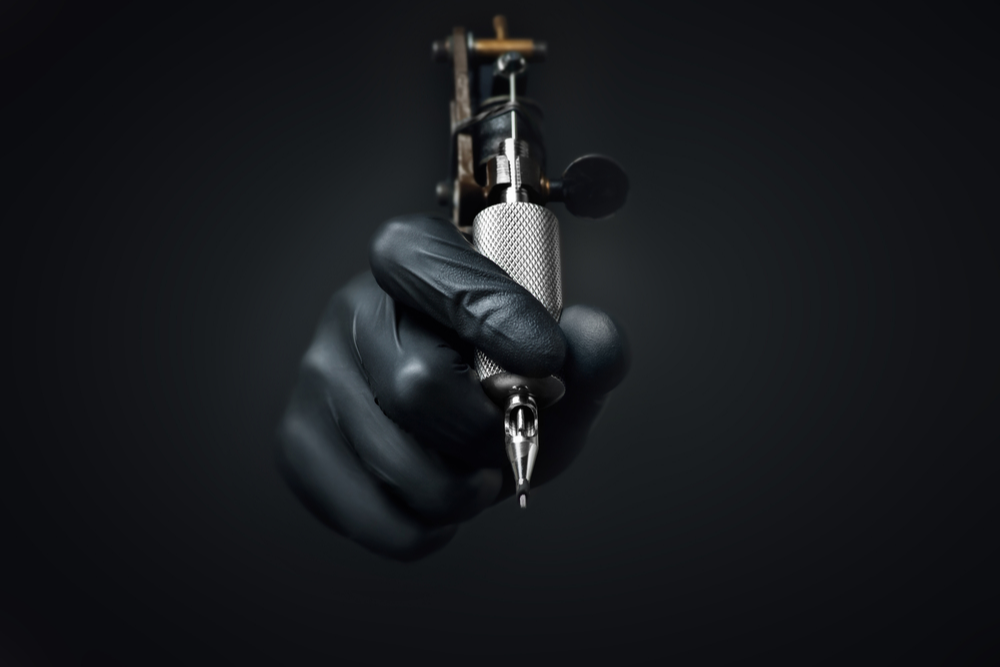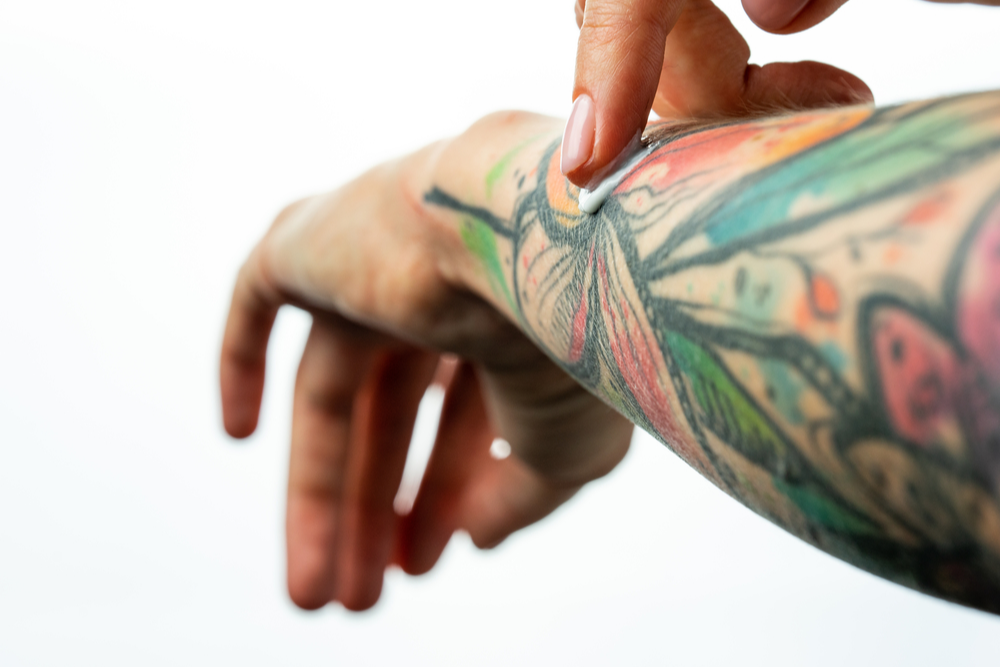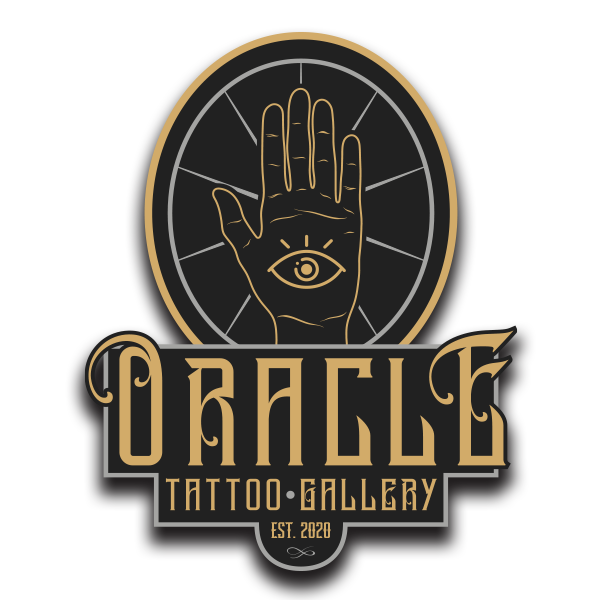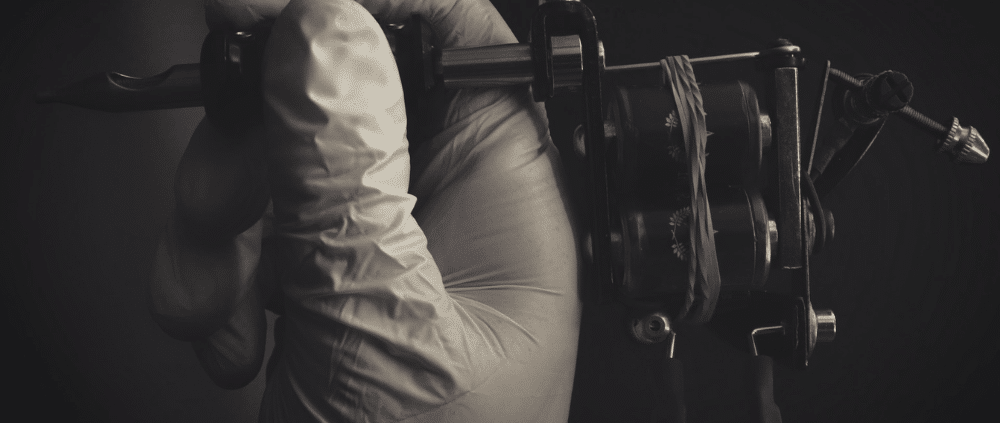Do Tattoo Artists in Philadelphia Use Local Anesthetic and If Not, Why Not?
Most people who are thinking of getting a tattoo realize that there will be at least some discomfort during the tattoo process. Many Philadelphia tattoo shops tend to shy away from the use of a local anesthetic while other shops and tattoo artists prefer dulling the pain a bit with a safe and effective local anesthetic.
Why Some Tattoo Artists in Philadelphia Like Using a Local Anesthetic and Some Don’t
There are different opinions among tattoo artists about whether it is best to use a numbing agent or another local anesthetic before, during, or after the tattoo process. There are both pros and cons to using these types of topical skin numbing creams, gels, sprays, or other local anesthetic types. Every individual who is seriously thinking of getting a tattoo should carefully consider whether they should use an anesthetic to lessen the discomfort or not. The final decision should be made by the client, but it is smart to inquire about this subject and available options when talking to your selected tattoo artist. They can give their reasons for or against this pain relief option.
Pros of Using a Local Anesthetic
According to the tattoo artists from Oracle Tattoo Gallery, there are some key benefits of using a topical anesthetic that helps numb the skin area where the tattoo will be placed or blocks some of the pain signals from nerves depending on the exact type and brand of anesthetic used.
Pros
- Topical anesthetic use may take the edge off the tattoo session discomfort allowing clients a more positive tattoo experience
- Terrific for anxious clients and those with low pain tolerances or skin sensitivities
- Numbing creams, gels, sprays, and other local anesthetics are reported to be effective by many
- Tattoo local anesthetics are fantastic for tattoos in sensitive areas like the head, feet, elbows, ribcage, and other bony areas
- Application of numbing cream, gel, or spray may be done prior to the appointment to lessen delays while waiting for the skin to absorb the product
- Most clients are more comfortable with the use of an anesthetic agent allowing the artist to work their magic with fewer interruptions
Some other advantages of using a topical anesthetic prior to or during a tattoo session include:
- Relatively inexpensive
- Easy to find and available over the counter
- Local anesthetics work fast and are considered effective by many clients and tattoo artists
- There are different types of anesthetics to choose
- Allows the tattoo artist to better focus when the client is calm and relatively comfortable

Cons of Using a Local Anesthetic
Not all tattoo artists will recommend using a local anesthetic for some good reasons. Understanding both sides of the argument will help the client have enough information to make an informed decision.
Cons
- Some numbing agents, like ointments, will seal the wound blocking the site from needed airflow to heal properly
- Most products wear off too quickly
- Some artists dislike using certain local anesthetics due to higher risks of missing early infection signs
- Many tattoo experts also believe that the local anesthetics may result in a messy tattoo or leave too much grease on the skin which can make tattooing difficult
- Some clients develop serious allergic reactions to topical skin numbing products
- Skin creams may alter the ink if it gets down into the dermal layers during a tattoo session
- Clients with skin sensitivities or other dermatologic issues may develop more problems like seizures, fast heart rate, and changes in blood pressure rapidly
What Types of Local Anesthetics Can Be Used Before or During a Tattoo?
There are some different types of local anesthetics that can be safely used before or during the tattoo procedure. Many medical professionals consider a local anesthetic one that needs to be closely monitored in a surgical or outpatient setting. Therefore, a true local anesthetic should not be used in a tattoo shop. However, many people use the term local anesthetic to mean a topical cream or other analgesics.

Types of local anesthetics that can be used during a tattoo include:
- Tattoo anesthetic creams
- Tattoo numbing sprays
- Tattoo-appropriate numbing gels
Avoid Use of Topical Numbing Ointments
Most tattoo artists do not recommend using topical numbing or pain-reducing ointments after tattoo use. This is usually because these ointments typically include petroleum-based ingredients. Many individuals use ointments, like Vaseline and others, to soften and protect windburned and excessively dry skin. Using any of these products on a fresh tattoo can have devastating consequences. These consequences include blocking out air that is necessary for tattoo site healing, not being able to spot the early signs of an infection, and loss of tattoo ink or distortion of the tattoo design due to the greasy residue left behind.
Some Local Anesthetic Brands Often Effective for Tattoos
Every tattoo artist will have their own brands of local anesthetic choices that they have found to be beneficial.
These brands include:
- Tattoo Soothe – numbing cream
- Tattoo Soothe – numbing gel
- Instant Numb Cream
- Derma Numb – tattoo anesthetic gel
- Hush – topical anesthetic numbing gel
- System One Tattoo Ice Numbing Spray
There are more brand options as well.
Final Thoughts
Find tattoo shops fast by inserting local tattoo shops near me in a favorite search engine. Oracle Tattoo Gallery knows that some clients may want to apply a local anesthetic, and the tattoo artists are happy to recommend their preferred products and give instructions for application prior to your scheduled appointment. Call Oracle Tattoo Gallery by phoning 215-638-1601 or learn more about tattoos and local anesthetic use by accessing our website.




